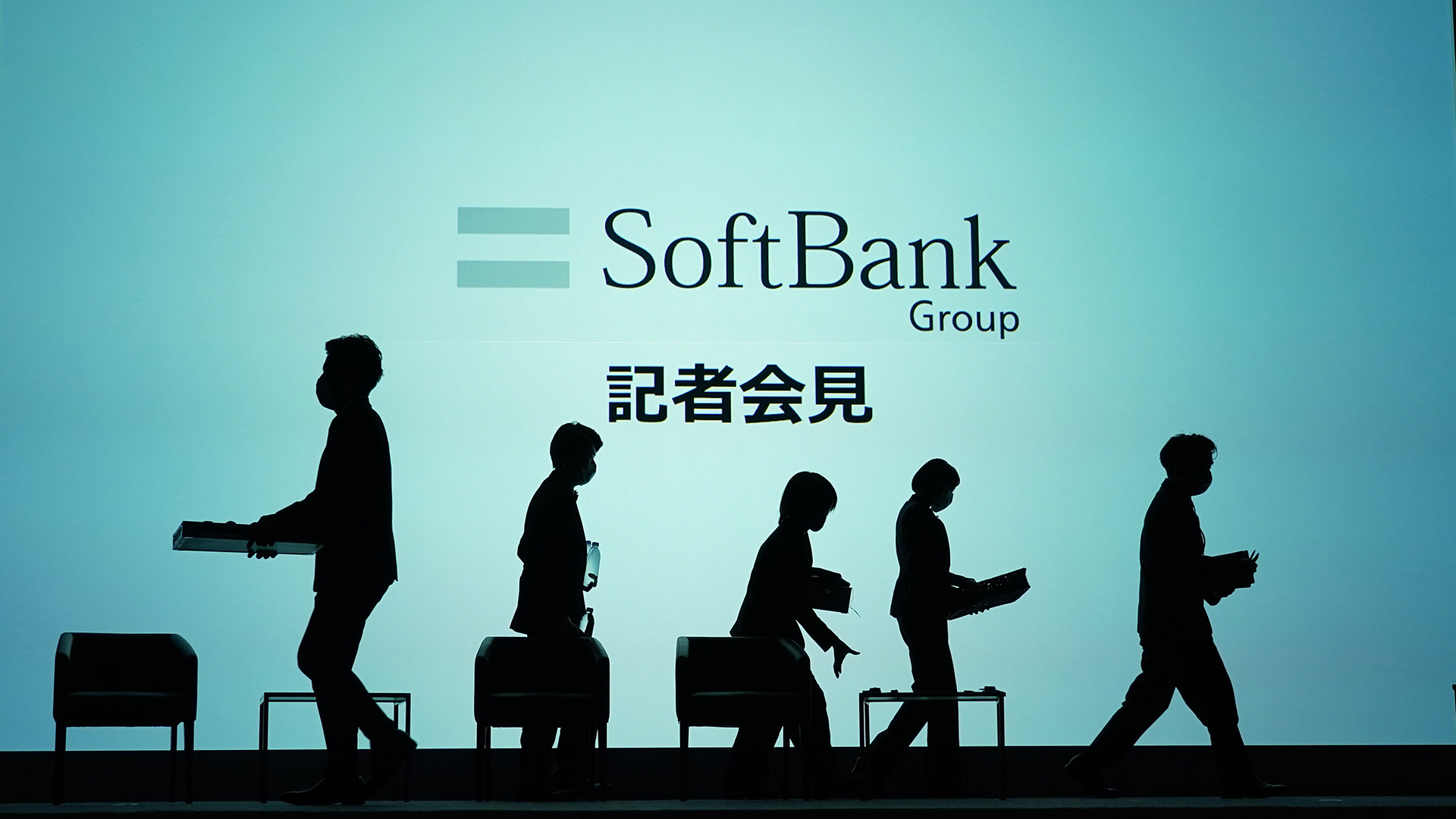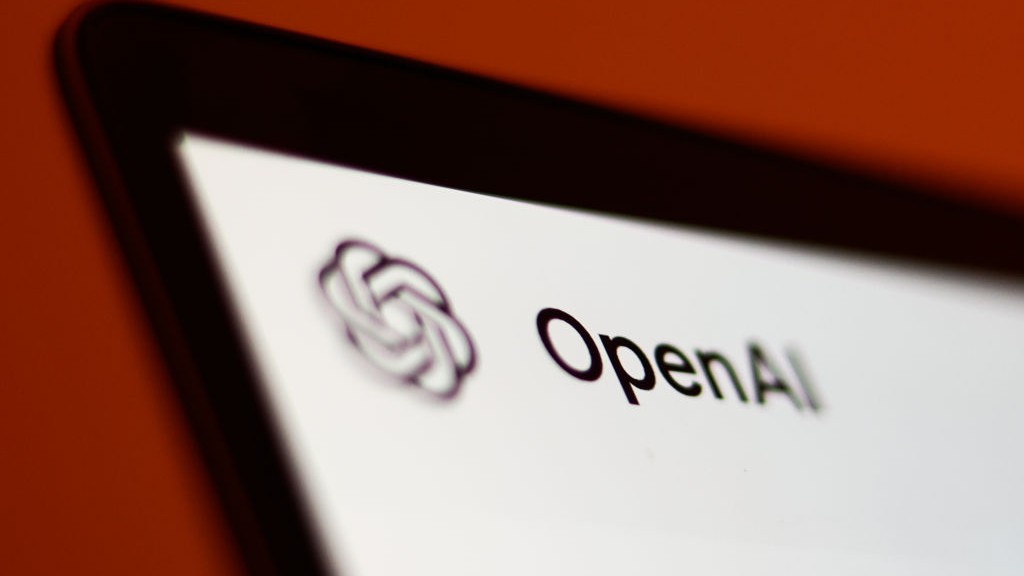
What you need to know
- SoftBank's CFO recently revealed the institution had the chance to invest a low valuation of $30 billion in OpenAI but pulled back due to a lack of well-established revenue streams.
- The institution recently invested $500 billion in OpenAI's $6.6 billion round of funding, citing a stronger revenue base and focus on converting to a for-profit entity.
- SoftBank admits the ChatGPT maker could face critical developmental issues in the future. However, its multi-billion partnership with Microsoft and access to its Azure Cloud Computing services places it in a unique position to scale greater heights.
OpenAI was trapped between a rock and a hard place recently: The company was reportedly on the verge of bankruptcy, with projections of a $5 billion loss. But the ChatGPT maker's lifeline was extended through another round of funding from investors, including Microsoft, NVIDIA, Thrive Capital, SoftBank, and more, who raised $6.6 billion pushing its market valuation to a whopping $157 billion.
While Microsoft and NVIDIA are often in the limelight when OpenAI's latest round of funding comes up, SoftBank is arguably one of the ChatGPT maker's biggest new investors with a $500 billion stake.
Speaking to Business Insider, SoftBank Vision Funds CFO Navneet Govil revealed that the institution had the opportunity to invest in OpenAI in 2023. Compared to its current $500 billion investment in the AI firm, it would have parted with only $30 billion:
"We could have done it in 2023 at a much lower valuation, $30 billion."
Govil indicated that SoftBank's reluctance to invest was centered on OpenAI's non-profit business structure, which made it difficult to establish clear profitability paths:
"When you look at where OpenAI is today, it's more mature, has a stronger revenue base, and a clear focus of converting to a for-profit entity."
For context, OpenAI's revenue shortly after launching ChatGPT in 2022 was $20 million. However, the trend has seemingly changed this year, with the company reporting approximately $3.7 billion in revenue.
The revenue growth can be attributed to the rising interest in AI-powered tools like ChatGPT, which surpassed 400 million weekly active users in May. OpenAI's launch of flagship AI models integrated into ChatGPT, like its magical GPT-4o, reportedly contributed to the chatbot's "biggest spike ever" in revenue and downloads on mobile.
OpenAI's surprise partnership with Apple and the integration of ChatGPT across its ecosystem have also placed the AI firm in good standing with investors.
But there are critical issues abound...

As you may know, the generative AI landscape is riddled with issues, including a lack of sufficient electricity to power its advances. For context, Google and Microsoft's electricity consumption surpasses the power usage of over 100 countries.
The technology also demands a lot of cooling water. A recent report revealed ChatGPT consumes four times more water than previously thought. OpenAI, Google, and Anthropic might have hit the ceiling on scaling AI models. The companies are reportedly struggling to develop advanced AI models because of a lack of high-quality content for training and financial constraints.
OpenAI's recent round of funding shipped with many issues for the AI firm, including pressure for investors to turn it into a for-profit venture. As you may know, the firm is already in court battling a similar lawsuit filed by former OpenAI co-founder and Billionaire Elon Musk, citing a stark betrayal of its founding mission. The move will likely face backlash from government institutions, regulators, and even staffers.
The ChatGPT maker is on a two-year clock to turn for-profit because it runs the risk of refunding the money raised by investors. Market analysts predict Microsoft could acquire Microsoft in the next 3 years as investor interest in AI fades. If OpenAI can't turn into a for-profit venture, it could encounter outsider interference in its operations and hostile takeovers.
Still, SoftBank's founder Masayoshi Son foresees vast opportunities for OpenAI in the future, partly due to its multi-billion dollar partnership with Microsoft. The partnership grants the AI firm access to the tech giant's Azure cloud computing services, facilitating AI model training.
🎃The best early Black Friday deals🦃
- 🎮ASUS ROG Ally (Ryzen Z1) | $349.99 at Best Buy (Save $150!)
- 💽Seagate Xbox Series X|S Card (2TB) | $199.99 at Best Buy (Save $160!)
- 📱iPad 9th Generation (64GB) | $199.99 at Best Buy (Save $130!)
- 🎮Xbox Series X (1TB) | $449.99 at Best Buy (Save $50!)
- 🖥️ABS Cyclone Desktop (RTX 4060) | $1,099.99 at Newegg (Save $400!)
- 💽WD_BLACK SSD for Handhelds (2TB) | $181.99 at Best Buy (Save $58!)
- 💻HP Victus 15.6 (RTX 3050) | $449.99 at Best Buy (Save $430!)
- 📺LG OLED Curved Ultrawide (32-inches) | $949 at Amazon (Save $550!)
- 🎮Lenovo Legion Go (Ryzen Z1 Extreme) | $539.99 at Amazon (Save $160!)
- 📺HP Curved Ultrawide (34-inches) | $349.99 at Best Buy (Save $130!)







